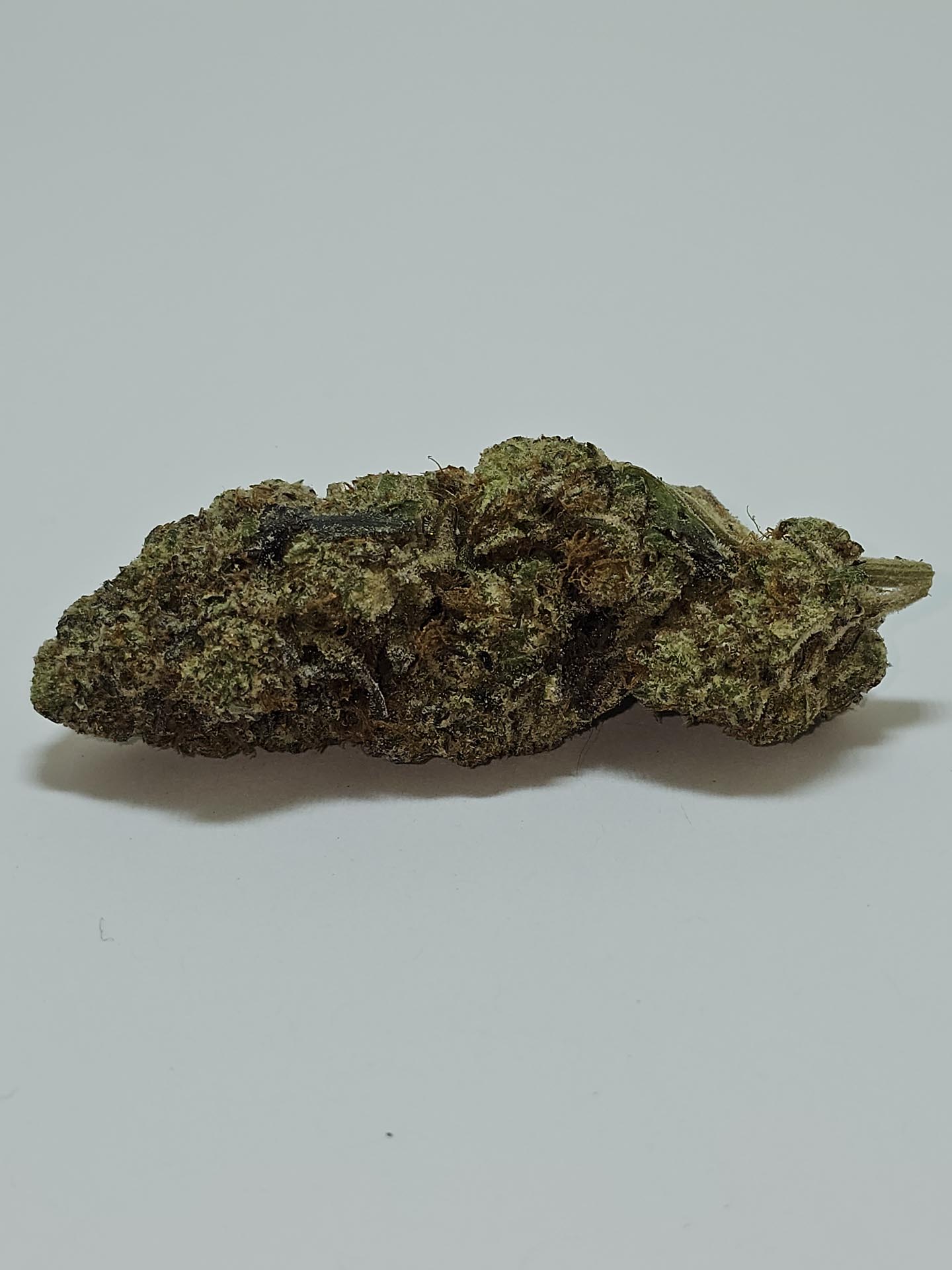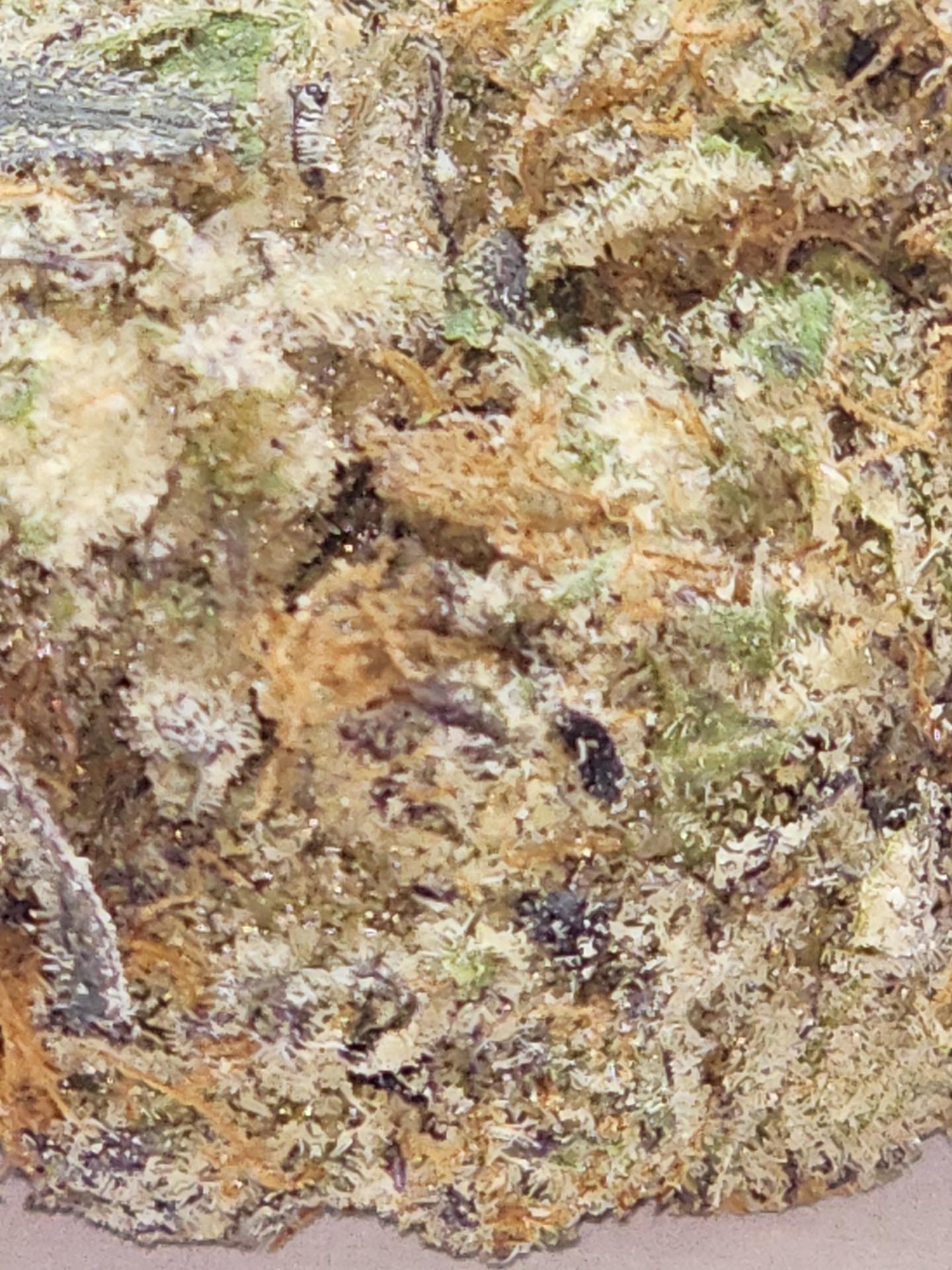AI-Generated Article
This content has been automatically generated using artificial intelligence technology. While we strive for accuracy, please verify important information independently.
Table of Contents
- What Does "Leach" Really Mean?
- The Biological Side - What are Leeches?
- Can "Leach" Affect Our Surroundings?
- Benjamin Leach - A Medical Professional's Path
Have you ever considered how one word can hold so many different ideas, or how a single term might point to a whole range of activities, from the open sea to what happens in the soil, or even within our bodies? It's almost like a hidden thread that runs through many different parts of life, you know, connecting things we might not expect. The word "leach," for instance, shows up in some pretty interesting places, and it might make you think a little differently about how things work around us. This idea of "leach ghotti" could be a way to think about these varied meanings all at once.
It's fascinating how a term can describe something as concrete as a part of a ship, then switch to explaining a slow, natural process of materials moving through other materials. We often hear words and just assume one meaning, but "leach" really stretches what a single word can do. It's a bit like finding out a familiar face has a whole bunch of different jobs, each one quite distinct from the others, in a way.
So, we're going to take a closer look at these different ways "leach" gets used, from its place in sailing to its role in the environment, and even how it connects to certain living creatures. We will also meet a medical professional who carries this name, showing how a family name can connect to healing and care. It's a rather broad topic, but we will try to make sense of it all.
- Seafolly Swimwear
- %D8%BA%D8%B2%D8%A7%D9%84 %D8%B1%D8%AC%D8%A8%DB%8C%D8%A7%D9%86
- Suite P
- Halo Spice Only Fans
- Gibbs High School Basketball
What Does "Leach" Really Mean?
The word "leach" has quite a few meanings, depending on where you hear it or read it. It's not just one thing, which can be a little confusing sometimes, but also kind of cool. You see, it can refer to a specific part of a boat, or it can describe a natural action that happens all the time around us. It's almost like the word itself is a little chameleon, changing its appearance to fit the situation. So, let's look at some of these different uses, shall we?
"Leach" in the World of Sails and Ships – a part of leach ghotti
When you talk about a square sail on a ship, the "leach" is a very specific part of it. It's the upright side, the vertical edge, of that sail. Think about a big, rectangular piece of cloth catching the wind; its sides are what we are talking about here. This term helps those who work with ships describe exactly what they mean when they talk about the parts of a sail. It's a precise term for a very old practice, really, and it shows how specialized language helps people do their jobs. So, in this setting, "leach" has a very clear and practical purpose, you know, helping sailors and boat builders communicate.
Understanding this meaning helps us see how words can be tied to very particular fields. It's not a meaning you would typically use in everyday conversation unless you are, say, a sailor or someone who builds boats. This specific use of "leach" helps keep things clear on the water, where precision is pretty important. It’s a foundational piece of knowledge for anyone wanting to understand how those big, traditional sailing vessels actually work, and it’s a good example of how "leach ghotti" could encompass very specific technical terms.
How "Leach" Describes a Slow Process – thinking about leach ghotti
Beyond the sea, "leach" also describes a kind of slow, gradual removal. Imagine water moving through a pile of ashes or some dirt. As the water passes, it can pick up and carry away things that can dissolve in it. This action, where a liquid pulls out parts from a solid material as it moves through, is what we call "leaching." It's a process that happens a lot in nature, and in some industrial settings too. For example, when rain falls on soil, it can slowly carry away minerals, making the soil less rich over time. This happens very gradually, you see, bit by bit.
This meaning of "leach" is about a kind of filtering, where something goes through a material and takes things with it. It’s a quiet, persistent action. You might not see it happening quickly, but over time, the effects can be quite noticeable. It's a bit like how a tea bag releases its flavor into hot water; the water is pulling out the tea's essence. This kind of slow removal or absorption is a key idea when we talk about "leach" in a more general sense, and it's a significant part of what "leach ghotti" could mean in a broader context.
The Biological Side - What are Leeches?
Now, let's talk about something that sounds very similar but is spelled a little differently: "leech" with two 'e's. This word refers to a living creature, a type of worm. These creatures are quite interesting, and they have some unique characteristics. They are not just any worm, though; they have a particular way of life and a certain body structure. It's important to keep the spelling in mind, because "leach" and "leech" point to completely different things, even if they sound alike, you know?
These creatures have a reputation, and for some, it might be a bit scary, but they play a role in nature. They are often found in watery places, like ponds or slow-moving streams. Understanding what these creatures are helps us sort out the different meanings of words that sound similar, which is pretty useful. So, let's get a clearer picture of these animals and where they fit in the natural world.
Are Leeches Just Worms? – a look at leach ghotti connections
Leeches are indeed a type of worm, but they are a very specific kind. They have bodies made up of sections, a bit like rings joined together. These creatures are either parasitic, meaning they live off other animals, or they are predatory, meaning they hunt other small creatures for food. They belong to a particular group of ringed animals called "annelids," which is a large family of worms. Interestingly, they are closely related to other simple worms that you might know, like the earthworm you find in your garden after it rains. So, they are part of a bigger family, but they have their own unique traits, you see.
Their connection to earthworms shows how different creatures can share a common ancestor or a similar body plan. While earthworms are usually busy helping soil, leeches have a different lifestyle, often involving attaching to other animals to feed. This biological aspect adds another layer to the idea of "leach ghotti," showing how the term "leach" can lead us to think about life forms and their place in ecosystems. It's a pretty diverse set of meanings for words that sound so much alike.
Can "Leach" Affect Our Surroundings?
The process of "leaching" can have some real effects on our environment, whether we are talking about natural processes or things that happen because of human activity. When we talk about substances moving through materials, it's not always a neutral thing. Sometimes, what gets carried away can be helpful, like nutrients for plants. Other times, though, it can be something we don't want spreading around. This is where the word "leach" takes on a more serious tone, you know, because it can relate to issues of purity and safety in our surroundings.
Understanding how things "leach" is important for scientists and people who work to keep our environment healthy. It helps them predict what might happen when certain materials are present in the soil or in water. So, let's consider how this process can influence the world around us, and why it matters to keep an eye on it. It's a pretty fundamental concept in environmental science, actually.
When Substances "Leach" Out – considering leach ghotti effects
When something "leaches" or is "leached" from a material, it means it's slowly taken away from it. This often happens because water moves through the material and carries those parts with it. For example, if there are particles in the soil or in some other substance, these particles might hold tiny germs, or they might let out harmful stuff into the water that passes by. This is a concern in places where waste materials are stored, for instance, because rain could cause unwanted chemicals to move into the ground or nearby water sources. It's a gradual release, but over time, it can build up and cause problems, you see.
When heavy rains fall, they can sometimes pull minerals right out of the soil. This action of the water removing parts from a substance as it moves through is a clear example of "leaching." It's a natural process, but it can also be influenced by what humans put into the environment. So, when we think about "leach ghotti" in this context, it brings to mind the way substances move and change in our environment, and how that movement can have an impact on living things and natural systems. It's a concept that helps us understand how things interact with each other in the natural world.
Benjamin Leach - A Medical Professional's Path
Beyond the definitions of words, the name "Leach" also belongs to a person who makes a real difference in people's lives. Dr. Benjamin Leach is a medical professional, someone who has dedicated his working life to helping others. It's interesting how a name can connect to so many different things, from sailing to science, and then to a person's calling in medicine. His story gives us a personal connection to the word, showing how a name can carry a legacy of care and knowledge. So, let's learn a little more about his journey and what he does, you know?
People often find comfort in knowing the background of their caregivers, and Dr. Leach has a pretty solid one. His work involves some very important areas of health, dealing with serious conditions. It's a field that requires a lot of schooling and a deep commitment to helping people get better. So, his story adds a human face to the word "leach," which is a nice contrast to the more technical definitions we have been looking at.
What is Dr. Leach's Background? – insights into leach ghotti
Dr. Benjamin Leach is a medical doctor who works as an oncologist, which means he helps people who have certain kinds of growths or serious health challenges. He practices medicine in Duarte, California. He got his medical degree from Tulane University School of Medicine in 2011. Since then, he has been working in the medical field for more than a decade, so he has quite a bit of experience under his belt. He's also known as a hematologist, a doctor who looks at blood and conditions related to it. His long time in practice shows a real dedication to his patients and his chosen profession, you see.
This kind of background suggests a person who has spent a lot of time learning and applying complex medical knowledge. He has been helping people for a good while, and that kind of experience is pretty valuable in medicine. It shows a consistent path in a field that demands a lot from its practitioners. So, when we consider "leach ghotti" in the context of a person, it brings to mind a professional who embodies care and expertise in the medical world.
Areas of Medical Focus for Dr. Leach – understanding leach ghotti in health
Dr. Leach has spent a lot of his time working with particular health issues. He has a deep understanding of pancreatic neoplasms, which are growths that can appear in a certain organ involved in digestion. He also has a lot of experience with conditions related to the stomach and insides, often called gastrointestinal issues. This means he helps people with a range of problems that affect how their bodies process food and absorb nutrients. His focus on these areas means he has developed a good deal of knowledge and skill in treating these specific kinds of illnesses, you know.
Having a doctor with such specific areas of knowledge can be very reassuring for patients facing these kinds of health challenges. It means they are seeing someone who has focused their efforts on understanding and treating their particular condition. His work shows how specialized medicine can be, with doctors choosing to become very knowledgeable in certain fields. This aspect of Dr. Leach's work really highlights the human side of the word "leach," showing its connection to health and helping others, which is a pretty important part of any community. It’s a very practical application of knowledge, you see, directly impacting people’s lives.
This exploration of "leach" has taken us through its various meanings, from the edge of a ship's sail to the slow movement of substances in the environment, and even to the fascinating world of biological creatures known as "leeches." We also learned about Dr. Benjamin Leach, a dedicated medical professional whose work in oncology and hematology helps many people. The term "leach ghotti," while not explicitly defined, serves as a conceptual thread, inviting us to consider how diverse meanings can be associated with a single-sounding word, connecting seemingly unrelated fields like maritime activities, natural processes, biological life, and human health. It's a reminder of the rich and varied ways language helps us describe the world around us.
🖼️ Related Images



Quick AI Summary
This AI-generated article covers Leach Ghotti - Exploring Meanings And Medical Insights with comprehensive insights and detailed analysis. The content is designed to provide valuable information while maintaining readability and engagement.
Karen Kuvalis V
✍️ Article Author
👨💻 Karen Kuvalis V is a passionate writer and content creator who specializes in creating engaging and informative articles. With expertise in various topics, they bring valuable insights and practical knowledge to every piece of content.
📬 Follow Karen Kuvalis V
Stay updated with the latest articles and insights